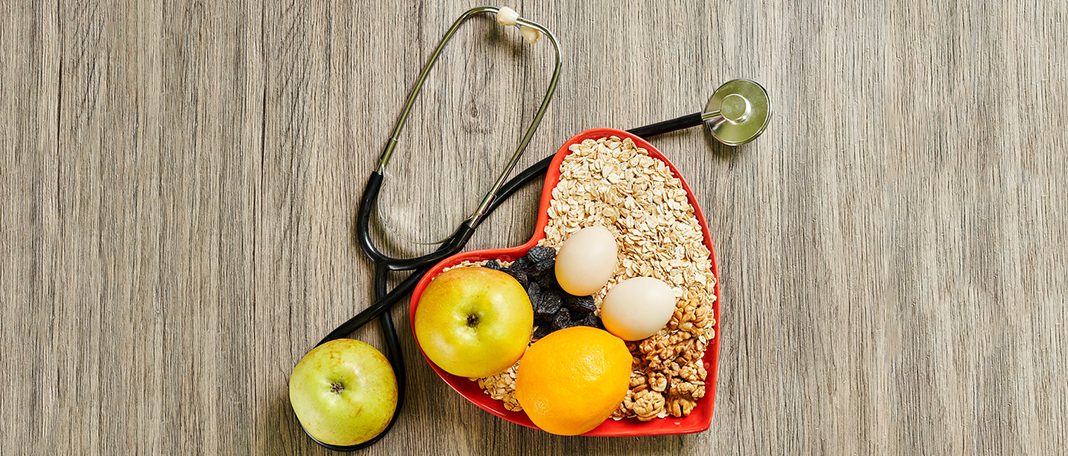The heart is an important organ that maintains the oxygen and blood flow in the body. It is one of the most sensitive organs and requires utmost care. A healthy heart requires regular exercise and a balanced diet. Foods play a vital role in a body’s health making it necessary to follow a balanced diet.
Diet planned for the heart should contain carbohydrates, proteins, vitamins, minerals, and very less amount of fats. Let’s take a look at some of the ideal foods to be consumed in a heart-healthy diet.
Whole Grains
Carbohydrates are of three types – simple, complex, and fiber. Simple carbs are more likely to increase the blood sugar level and damage the heart. So it is advisable to take food that has complex carbohydrates and fiber.
One or two servings of carbs per day can reduce the cholesterol level and stabilize blood pressure in the body. Some ideal carbohydrate-rich foods are:
- Whole wheat
- Quinoa
- Oats
- Barley
- Rye
- Brown rice
These foods are also rich in various other nutrients, so it can be consumed on a regular basis.
Green Leafy Vegetables
These least-likable foods have more nutritional value than any other in the food pyramid. Green leafy vegetables are rich in vitamins, minerals, and antioxidants. Vitamin K, which is predominantly found in vegetables improves the blood clotting ability of the body. The vitamin also strengthens the arteries, thereby reducing the risk of heart diseases.
Dietary nitrates found in these vegetables lower blood pressure and improve the functionality of endothelial cells lining the blood vessels. Some essential green leafy vegetables are:
- Spinach
- Kale
- Lettuce
Fish and Fish Oil
Fishes have a positive effect on our health. Consumption of fish has reduced the risk of cardiovascular diseases. This is because of the high amounts of omega-3 fatty acids present in fish and fish oil. This component reduces cholesterol and maintains the systolic blood pressure. Some recommended foods with omega-3 fatty acids are:
- Salmon
- Lake Trout
- Sardine
- Tuna
- Fish oil supplements
Nuts
Nuts are a great source of food for a heart-healthy diet. They are a good source of fiber, fats, and plant protein. In addition to that, nuts have anti-inflammatory and antioxidant properties that reduce the risk of heart diseases. Unlike other foods, nuts are consumed by most of the population and it is easy to incorporate in any diet. Some important nuts to be consumed are:
- Almond
- Walnut
- Cashew
- Hazelnut
- Peanut
Citrus Fruits
These fruits have several health benefits and provide ample nutrients for the body. Citrus fruits contain soluble fiber and flavonoids that increase the level of High Density Lipoprotein (HDL). HDL reduces the level of cholesterol accumulating in our body and therefore, decreases the risk of cardiovascular diseases. These fruits also lower the level of Low Density Lipoprotein (LDL) that increases the cholesterol level. Some commonly consumed citrus fruits are:
- Orange
- Lemon
- Grapes
Vegetables
Last but definitely not the least, vegetables, especially green vegetables, contain Vitamin C and beta-carotene. These components act as antioxidants that lower the risk of heart diseases by lowering the cholesterol levels in the body. These veggies also maintain blood pressure and improve the function of blood vessels. It is always good to eat more vegetables and fruits compared to other forms of food. Some of the heart healthy vegetables are:
- Carrot
- Sweet potato
- Red pepper
- Tomato
- Broccoli
- Cabbage
- Cauliflower
A balanced diet containing all the above-mentioned foods can fight heart diseases and help you stay healthy for a long time.

















